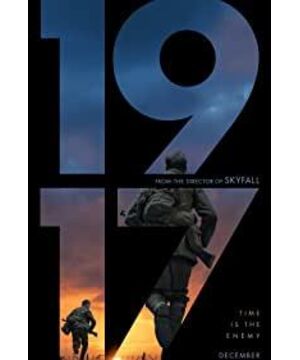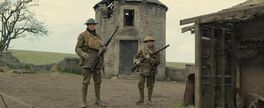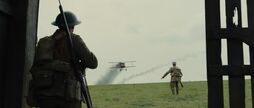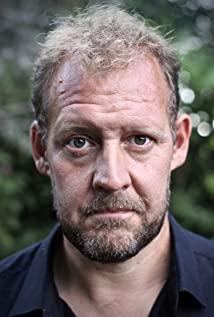After reading "1917", my friend said that he remembered the beginning of a poem by Oden:
About suffering they were never wrong,
The Old Masters: ...
Oden wrote in his poem: The old people understand the suffering deeply and pray for miracles, while the children are casually skating on the edge of the pond. When Icarus fell, the passengers on the delicate ship beside him must have witnessed everything, but the ship was still sailing quietly.
After listening to her, I thought of Billy Collins' "The Dead". He said that the dead would row a glass boat in heaven, looking at us on the ground through the bottom of the boat, watching us wear shoes, make sandwiches, and take a nap, like parents. Waiting for us to close our eyes.
There are probably too many stories in the war that are not stories like this one. There is no suspense, no turning point, only running, running, and running, only the young man who has experienced it will remember. This is the moving part of "1917". It is like a glass boat, carrying the audience slowly over the stream full of cherry blossoms. This time through the bottom of the boat, it was not the dead who looked at us, but we looked at the dead.
Its mirroring (a commendable long shot) and narrative (a one-way straight line that follows the protagonist's back) are highly unified with a concept buried under it. This concept was revealed when the ending subtitles came out: this story is the director's grandfather (The prototype of the corporal in the film) told him; the creator cherishes it, and is willing to carefully reproduce a story that does not seem so exciting nor so grand. This may be one of the ways out of Oden's question: to retain the personal nature of suffering. Write your own story, it will be the same time.
PS Andrew Scott is too spicy, thank you for his existence in human history (you
View more about 1917 reviews











